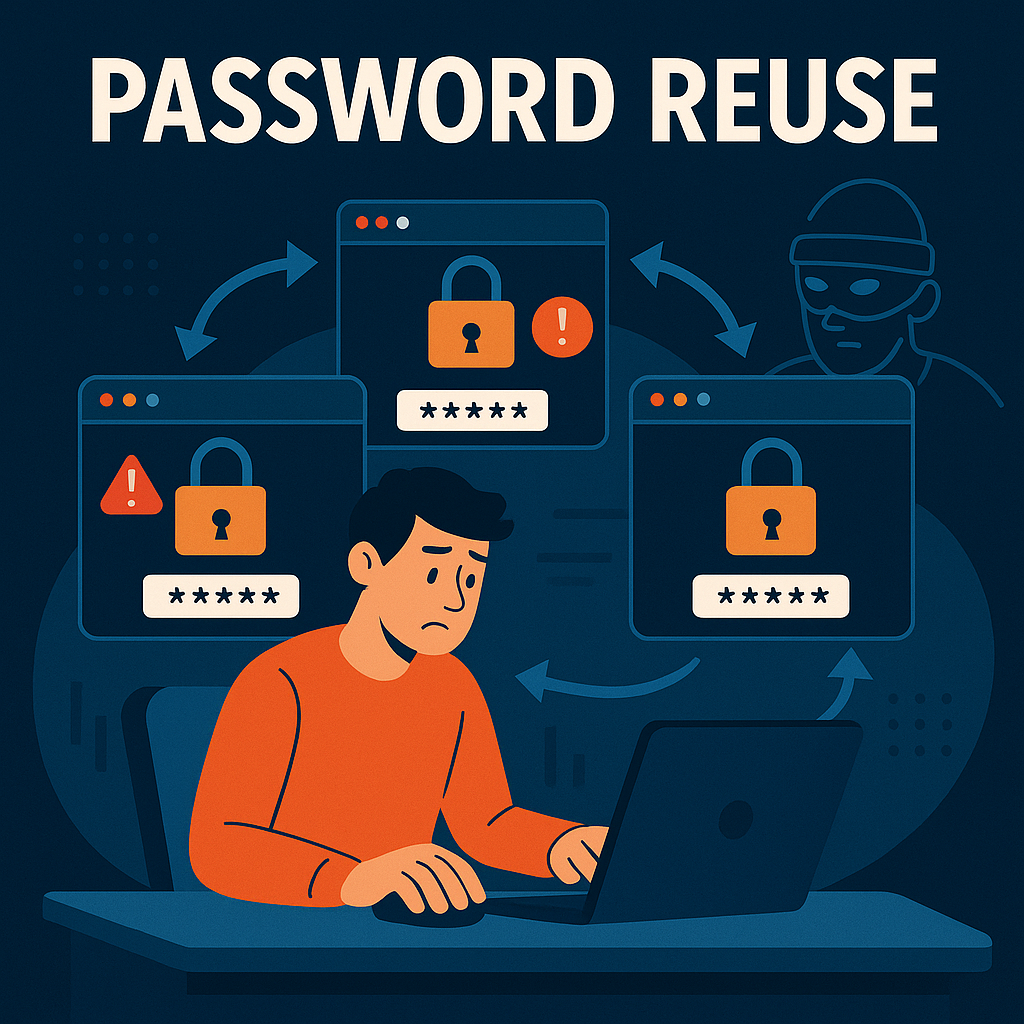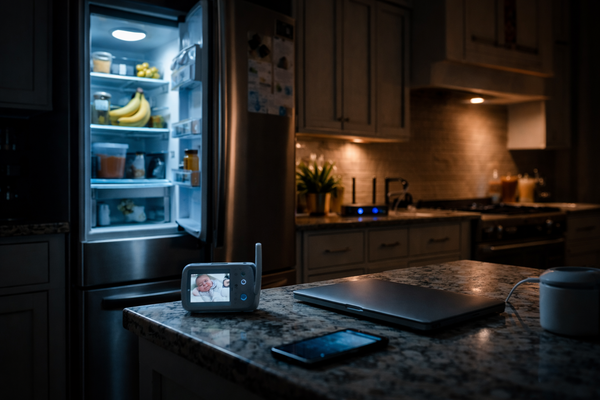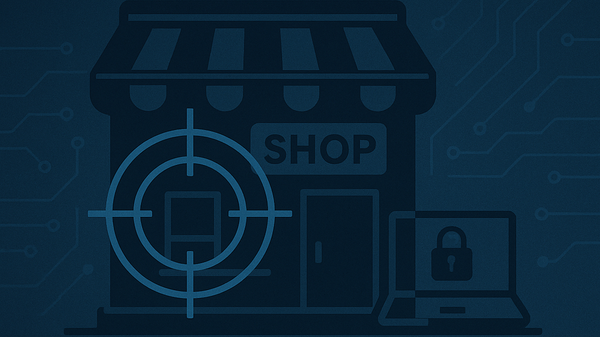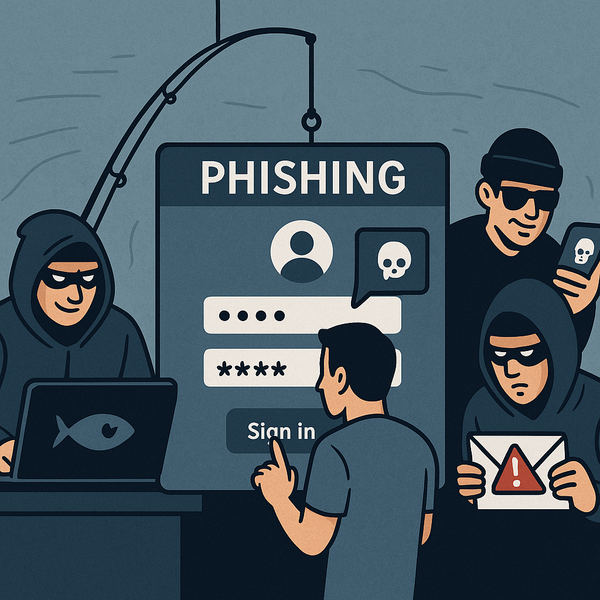Password Reuse

Most people fall into the habit of using the same password for multiple sites and apps. It’s convenient, and nobody is going to guess ‘Porcupine34!’ or ‘ManchesterCity720!’, right? But that’s where the misconception lies. Hackers aren’t sitting at their computers manually guessing passwords like in the movies. They use powerful automated tools that run through massive lists of password combinations in seconds.
This process is called brute-forcing, and it means that even passwords you think are complex can be cracked within seconds or minutes. Passwords like these seem clever to you, but to a machine, they’re patterns. Sports teams, animal names, and number combinations are easy targets for automated tools. So, while you may feel safe behind a seemingly complex password, it’s not as secure (or as strong) as you might think.
The situation gets even worse when a data breach occurs. If a company is hacked, attackers often steal and leak login credentials (email addresses, usernames, and passwords), which are sold and traded on the dark web. Unfortunately, many people tend to reuse their passwords across multiple sites, so when one site is compromised, attackers can simply use those same credentials on other platforms. If you’ve used the same password for your email, bank accounts, and social media, one breach could put everything at risk. Take LinkedIn’s 2012 breach, for example, over 100 million credentials were leaked, and many of those are still being used in attacks today - Seriously!
Even a long or complex password becomes dangerous when you reuse it. Once a hacker has access to one account, they don’t need to guess the others, they just plug in the same password everywhere. Suddenly, a breach in your calorie-tracking app has opened the door to your email, social media, and online banking.
So, what can you do to protect yourself?
The easiest and most effective solution is to use a password manager. These tools create and securely store unique, complex passwords for each of your accounts, eliminating the need for memory or password variations. Password managers typically generate strong passwords with over 15 characters, including uppercase and lowercase letters, numbers, and special characters. You can also create random passphrases, such as the below:
memory-BARNACLE!-stairs?-ORANGE02-92OK or xYisj*_DJvn&d^34!?bwE
A strong, unique password for each site greatly reduces the risk of your accounts being compromised in the event of a breach. It’s one of the simplest and most effective steps you can take to stay secure online.



